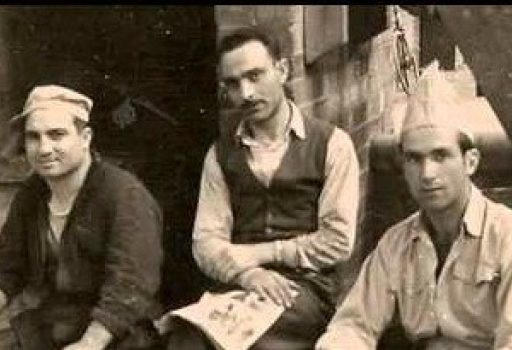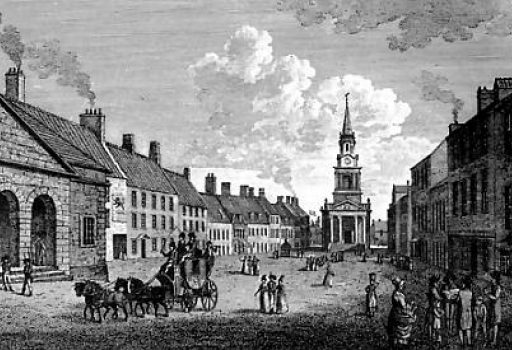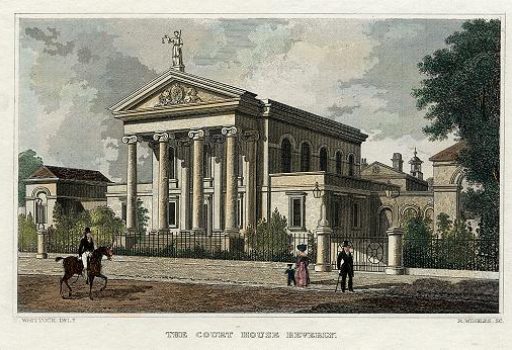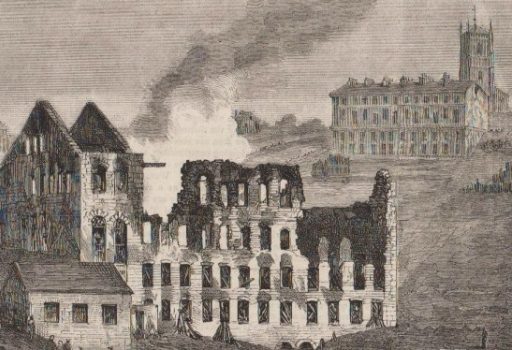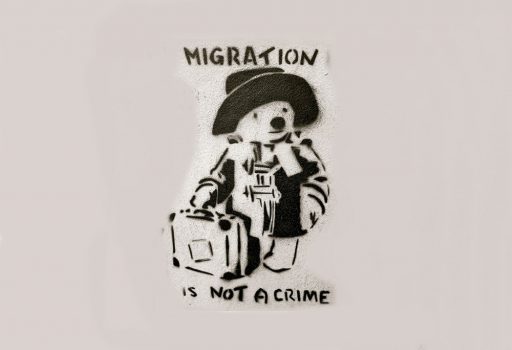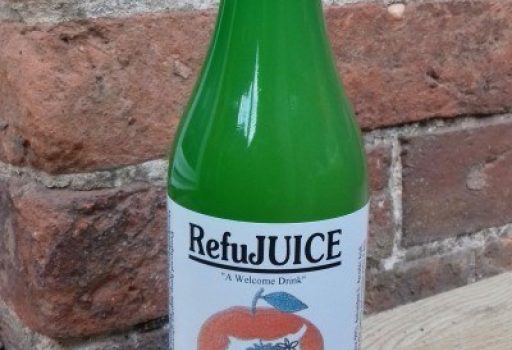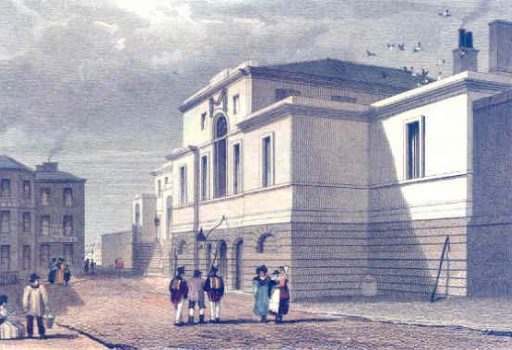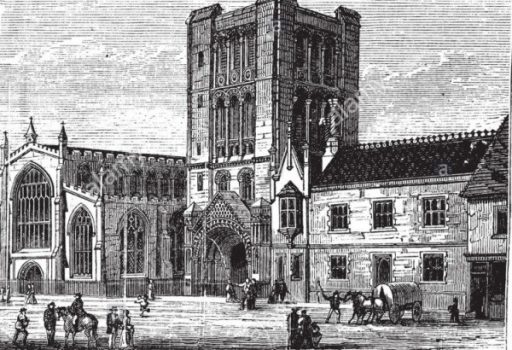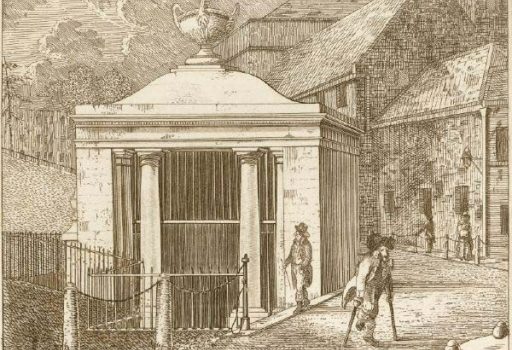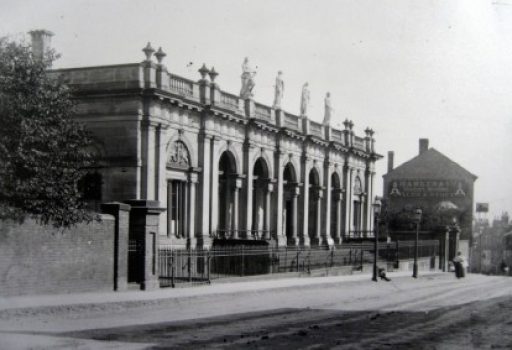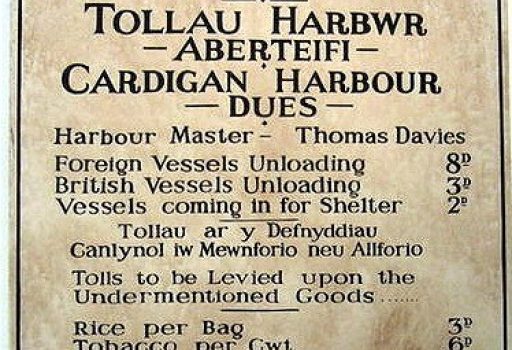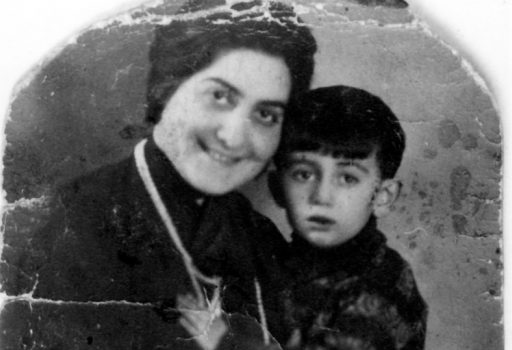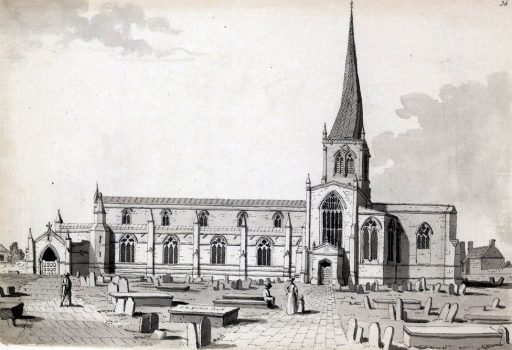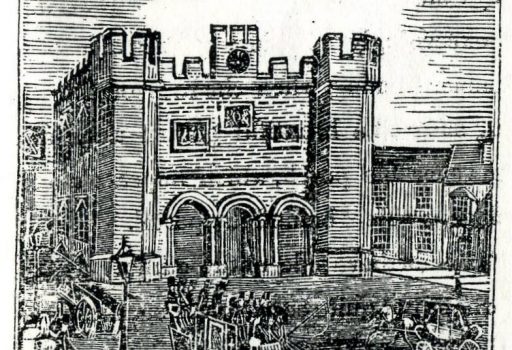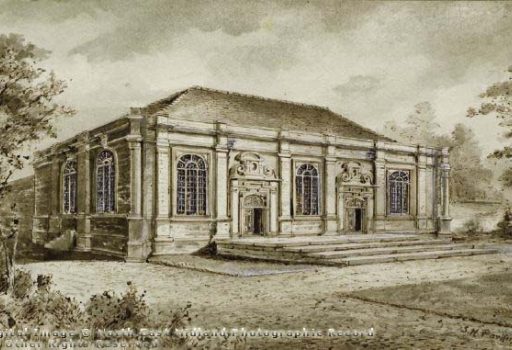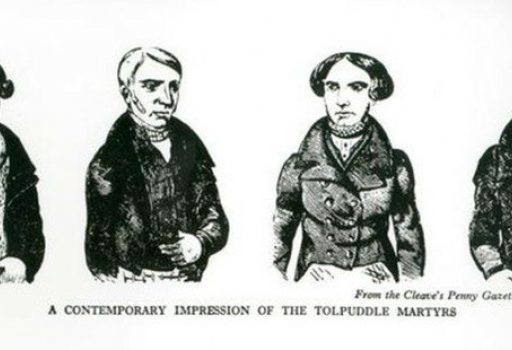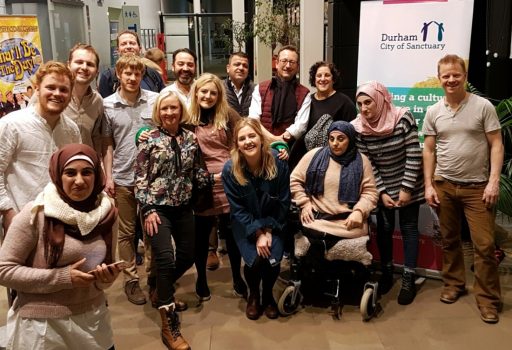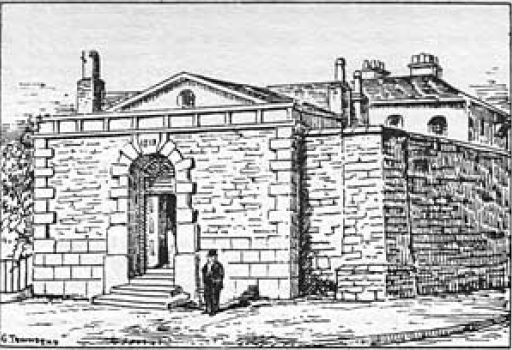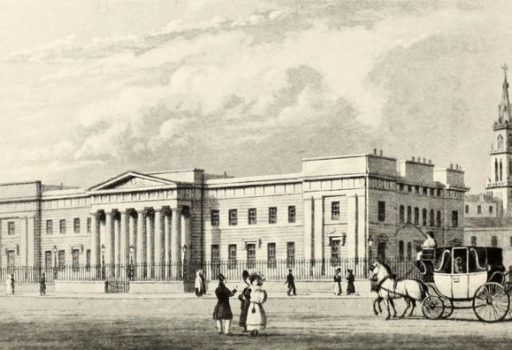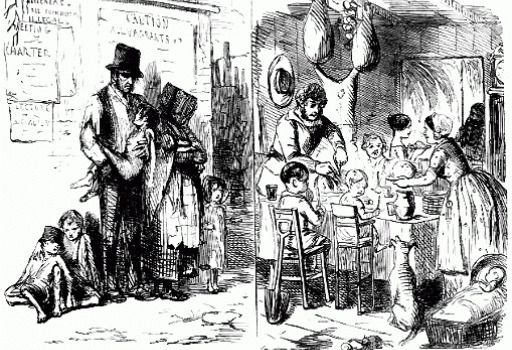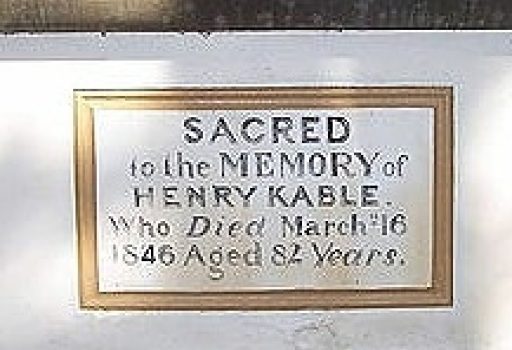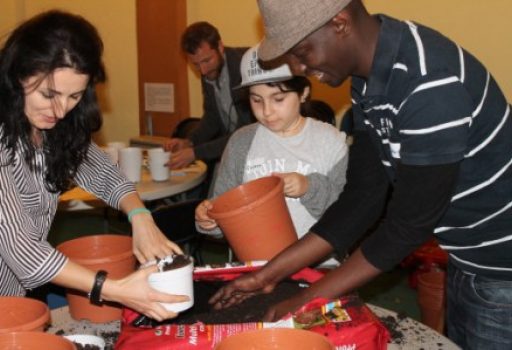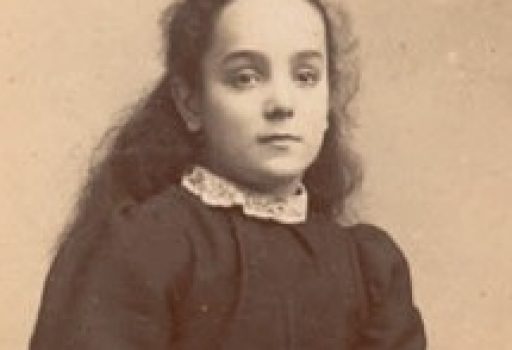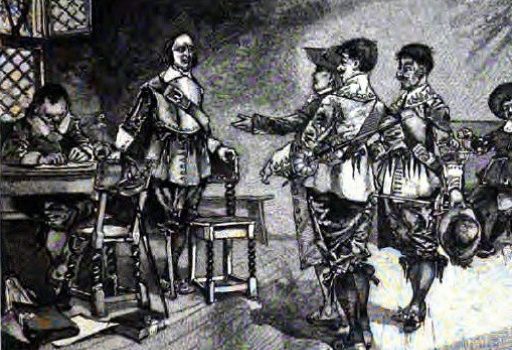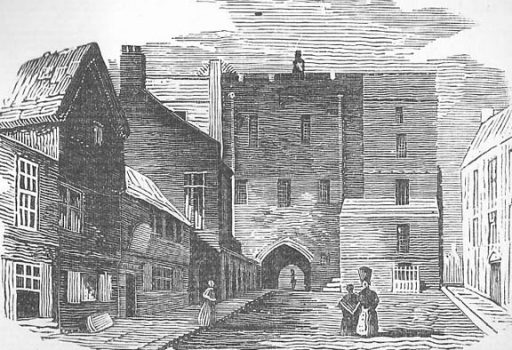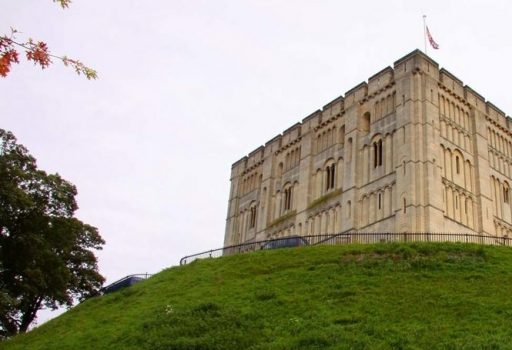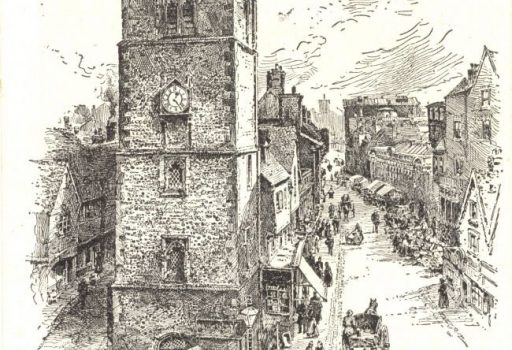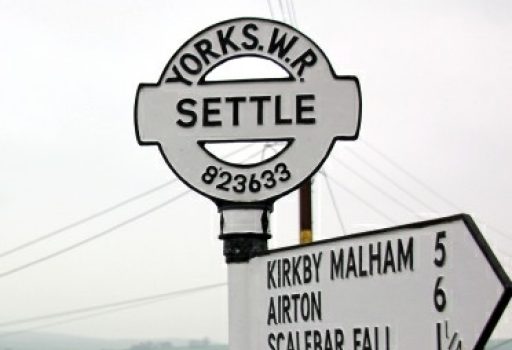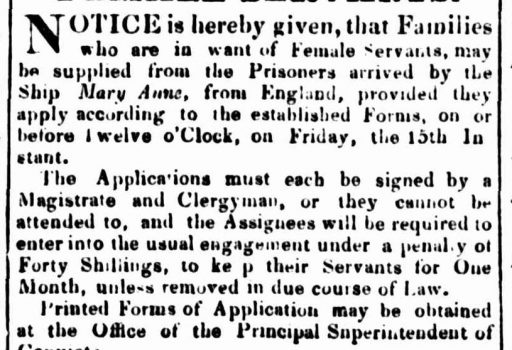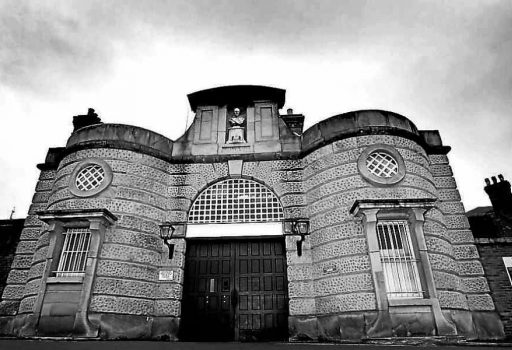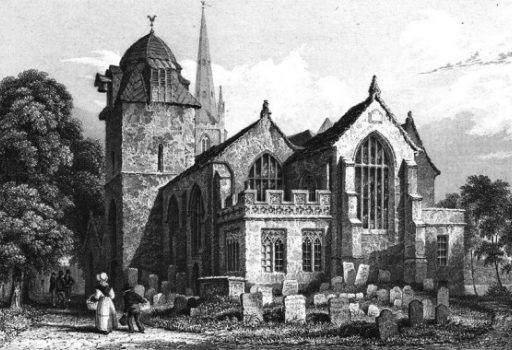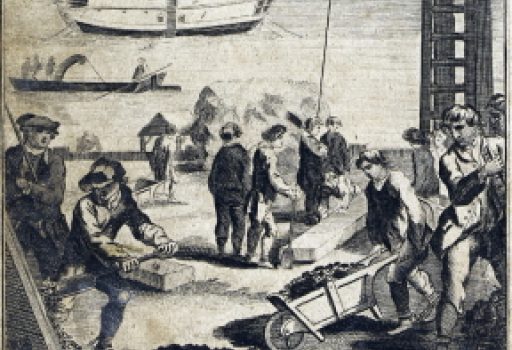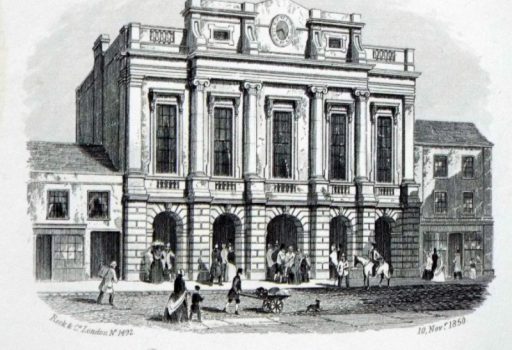We're delighted to be working again with our partner The Refugee Council on 15 June when Human Cargo comes to London's King's Place. This concert links with Refugee Week 2018 (18-24 June).
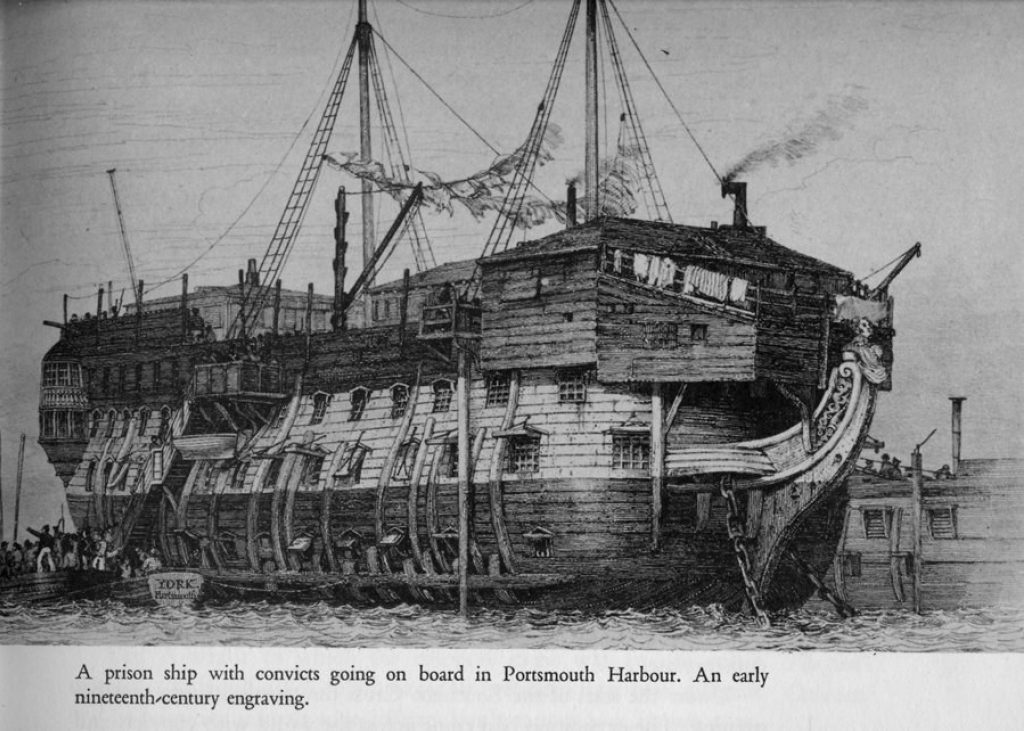
Londoners aboard the First Fleet to Australia
Of the 736 convicts on the First Fleet to New South Wales in 1787, 334 came from London. That may have reflected the Government’s fear of the mob, and its desire to ease the pressure of over-crowded prisons close to the centre of power. But also, it was because more prisoners were housed in London than elsewhere. Indeed the Thames was full of prison hulks – old vessels, due for the scrap-heap but still useful as holding pens for convicts.
Aboard Friendship, the same ship as Henry and Susannah from The Transports, was a boy called JOHN HUDSON. He was nine years old when indicted for ‘burglariously and feloniously’ stealing some clothes and a pistol worth 22 shillings from a house in East Smithfield. The child appeared before the Old Bailey, where his occupation was listed as chimney sweep. Read the proceeds of his trial here.
Of the 103 convicts aboard the Friendship with Henry & Susannah, 20 were women. This matched the average proportion of one fifth women within the First Fleet. Two of these women CHARLOTTE WARE and ELIZABETH FAGAN were tried at the Old Bailey for assault and robbery with a value of 10 shillings. Here you can read a verbatim account of their trial. During the journey, Ware was held in irons for 10 days for breaking through the bulkhead to reach the seamen. Her conduct was no doubt one of the reasons why all the women were removed from the Friendship at the Cape, separating Henry from Susannah and their child for the remainder of the voyage.
Both guilty and innocent children were exiled
The date is Thursday 7th December 1826. It’s a cold winter. There’ll be ice in the Thames.
We’re at the Old Bailey. And we see a prisoner called EDWARD SAMPSON. He’s sixteen years old, accused of stealing a handkerchief worth five shillings. But he’s not the youngest boy in court today. WILLIAM MULLINS, also accused of stealing a handkerchief, is only 11. It’s a big court for such small lads.
Sampson is watching the prisoner before him, another 16 year old, JOHN MEEK, who’s up for stealing two snuffboxes. He’s found guilty, and sentenced to death. That’s what often happened when you stole property back then. So imagine how Sampson feels when he takes the stand. His case is not strong. He begs ‘I entreat you to look well to the evidence, and hope you will remember the paths of youth are slippery.’
Maybe he was an Artful Dodger, with a smooth tongue. Or maybe he was an innocent like Oliver Twist. It’s certainly like something out of Dickens. Well, he’s found guilty. But for him, the punishment is not death. Instead, he is to be transported, for seven years. [As is William Mullins.]
These lads were criminals, but their crimes were small. London also liked to exile the innocent. Rich citizens paid for paupers to be cleared away, so far away they were unlikely to return – like throwing a snail far from your garden. This started in 1619, when London vagrants were despatched to Jamestown in Virginia. It reached a height in the 1830s, encouraged by the new Poor Law. Workhouses were scoured to send adult poor to Canada, and children to mills in Manchester. Today we would call it social cleansing.
ENOCH PEARSON BARRETT was nearly 40 when brought before the Central Criminal Court for stealing from his employer, the London, Brighton & South Coast Railway Company. He was transported for 10 years in 1852, while his brother George (for the same crime) was sent to Dartmoor prison. The next year, Enoch’s wife and daughter followed him out to Western Australia. Once freed, he worked as a gardener, starting one of Australia’s first nurseries and later tending Stirling Gardens in Perth, just before the Supreme Court. He lived to the age of 83.
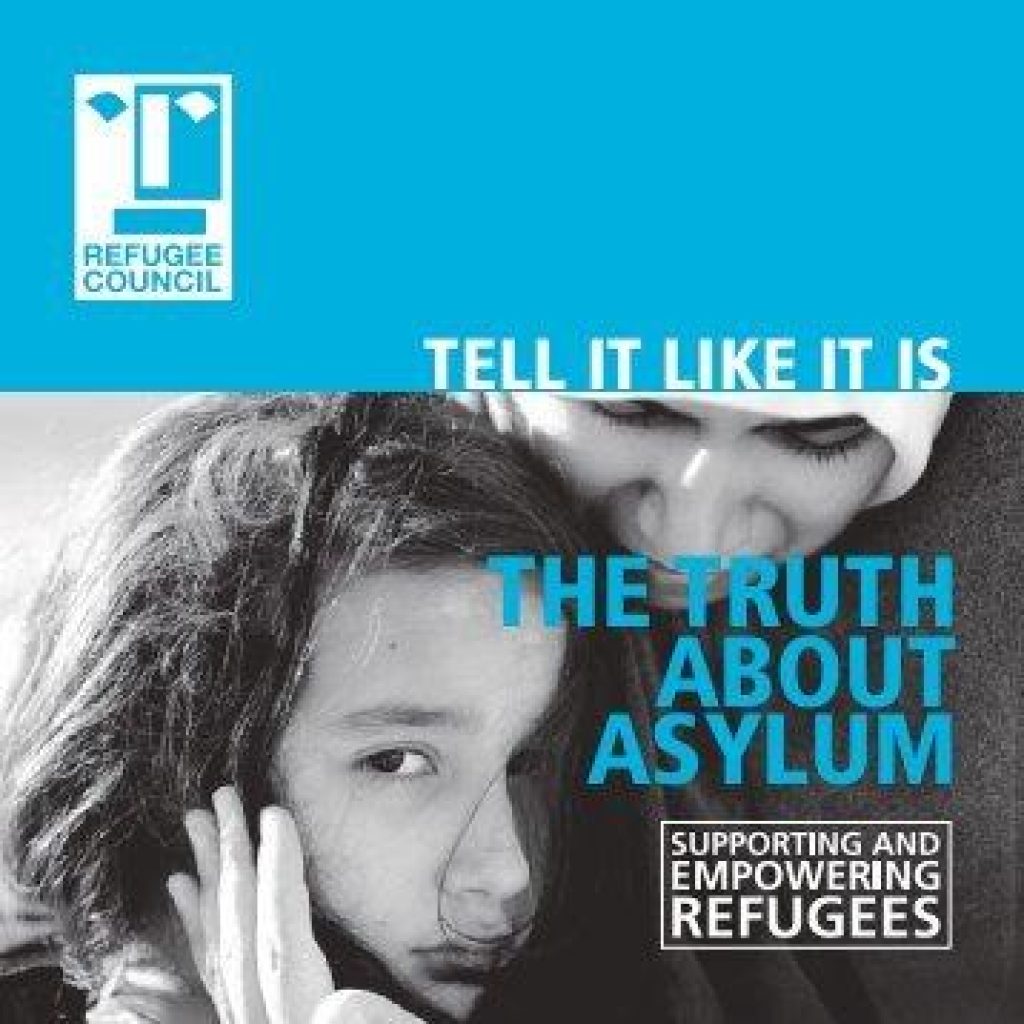
Our partners in action
In London this year we are delighted to be partnered with The Refugee Council. Founded in 1951, the Refugee Council is one of the leading charities in the UK working directly with refugees, and supporting them to rebuild their lives. It speaks up for refugees, using its direct work as an evidence base, and ensures refugees have a stronger and more influential voice in decisions that affect them. The Refugee Council produces this easily-downloadable set of facts and figures about asylum seekers and refugees. It's perfect for countering myths and misinformation.
Here's a remarkable animated film from The Refugee Council that tells the story of Melody from Nigeria.
The Refugee Council has been a great supporter of The Transports, and Matthew Crampton's other show Human Cargo.
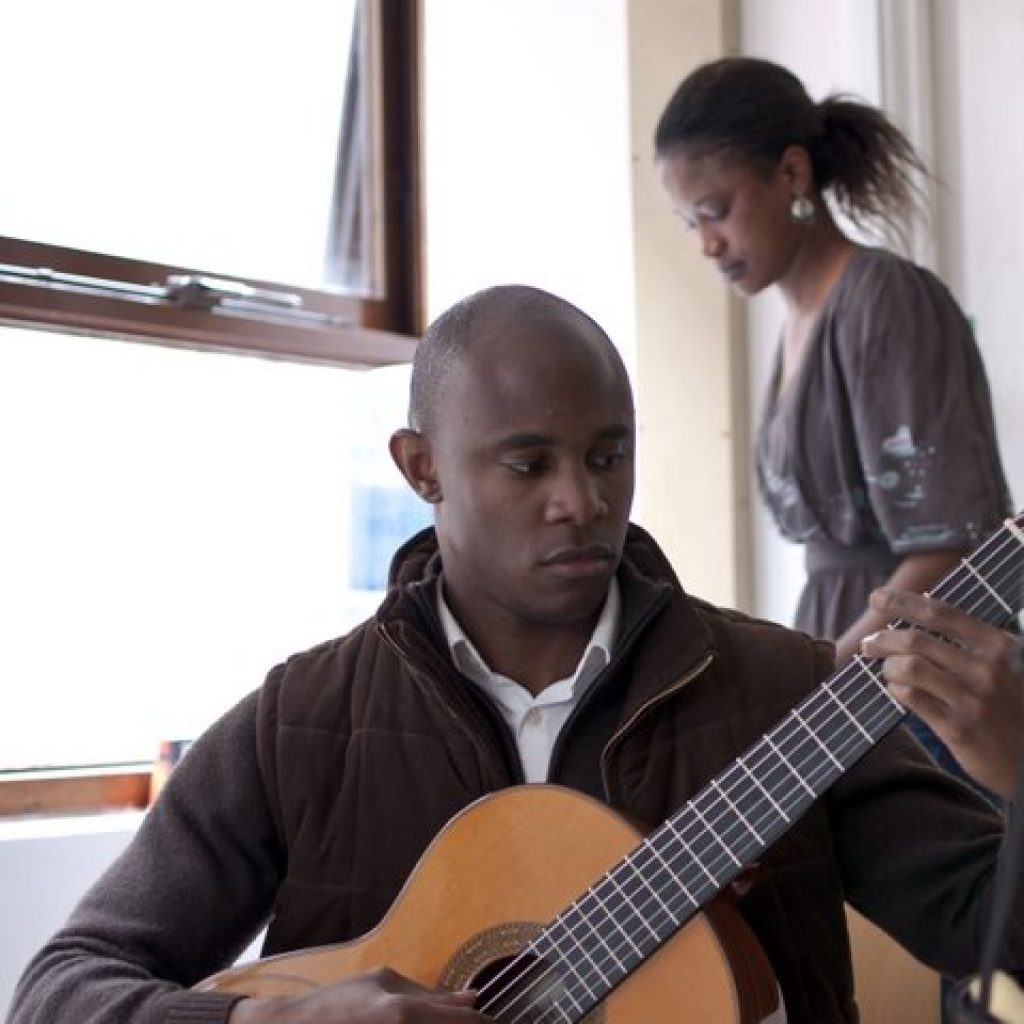
Last year we were honoured to partner with the Sante Refugee Mental Health Access Project.
This group works to support refugees and asylum seekers in the London region, particularly those with mental health issues, to gain equal access to health and other essential services.
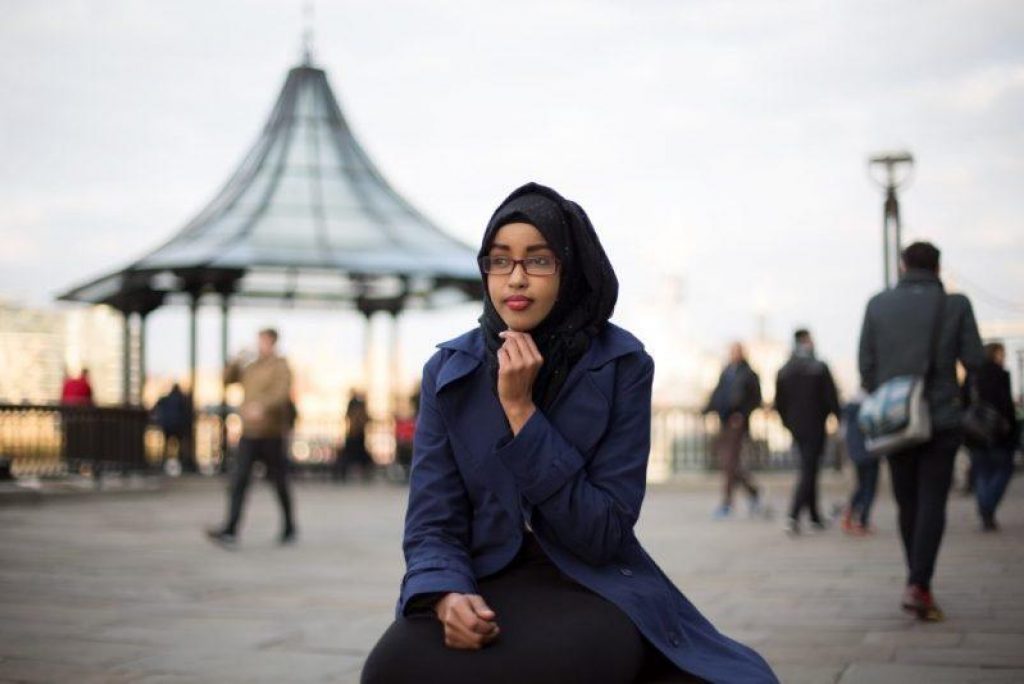
HODAN OMAR was luckier than many young women born in Somalia. She was able to take GCSEs and then study international business in Malaysia. But she still could not escape the threat of forced marriage and so, in 2014, paid a smuggler to get her to London. She was lucky, again, to get her papers the next year. Read her story here.
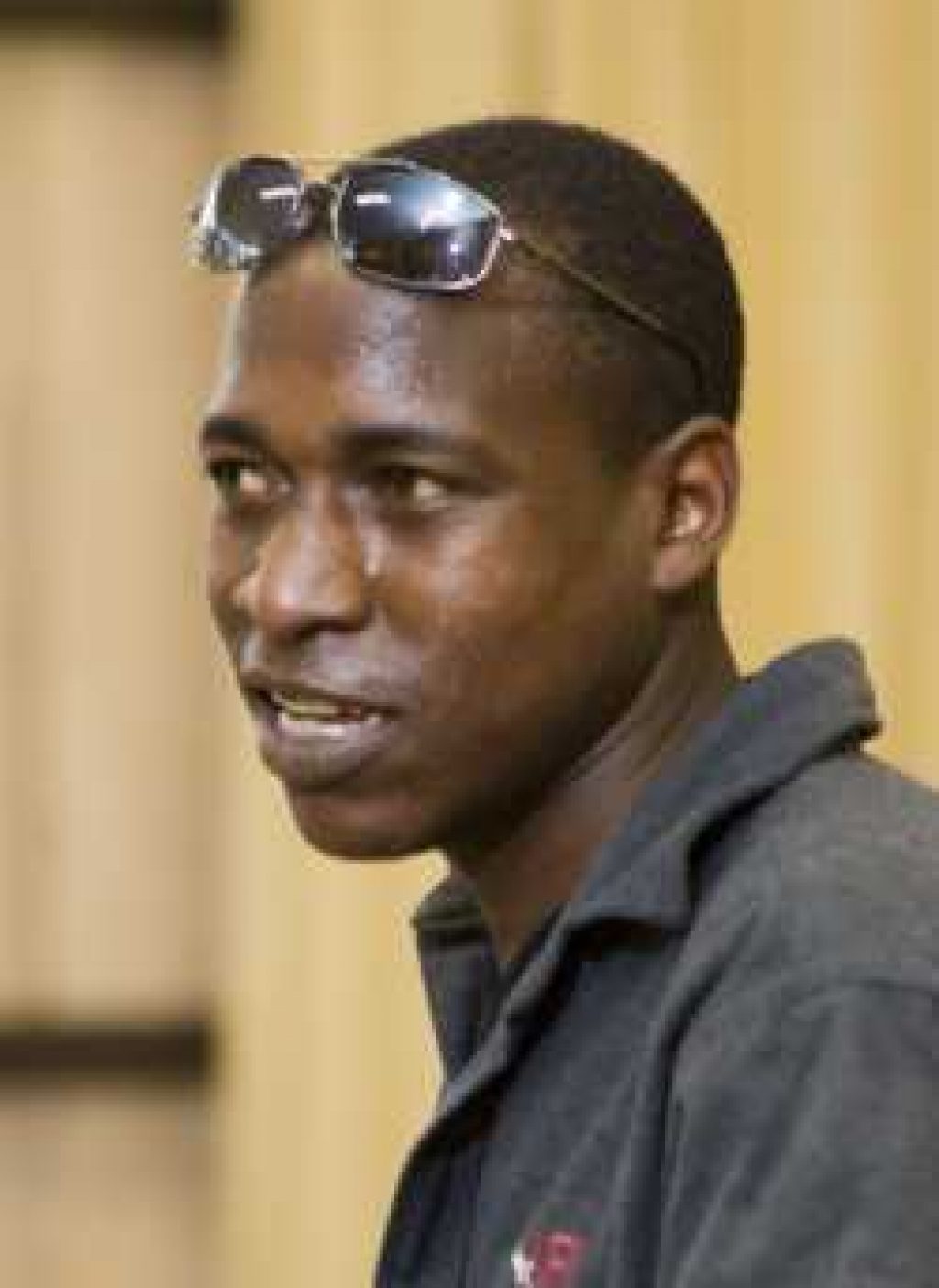
ISAAC had to run away from home because his father beat him when drunk and was increasingly violent. At home he had to hide his religion because his father and the other villagers disapproved and so he ran to the city and slept rough, sometimes working in the vineyards and being paid in wine. When fighting broke out in his area he was vulnerable, having no family, and decided to escape to UK. Isaac was lucky. He found a sponsor who took him into his home and gives him a small weekly allowance. However Social Services ruled he was not underage and he had no way of fighting this claim before he turned 18. The sponsor got in touch with the Sante Project. They enabled Isaac to access healthcare and college placement which suited his vocation: to help others. He now volunteers with Mind and performs Talking Drums for the Project's cultural events, which he loves. He hopes to help in their Drum workshops being set up by Lord Eric, local musician.
EIAD ZINAH graduated as a dentist in Damascus but had to flee Assad’s thugs. He paid $2,000 to board a boat in Alexandria. Four months later, he reached Dover. In time he got asylum status and started working in Starbucks. He now works with Chatterbox, a clever scheme enabling refugees to teach languages. It was set up in London by MURSAL HEDAYAT. She was four when she fled the Taliban in Afghanistan. Read more about Eiad here.

